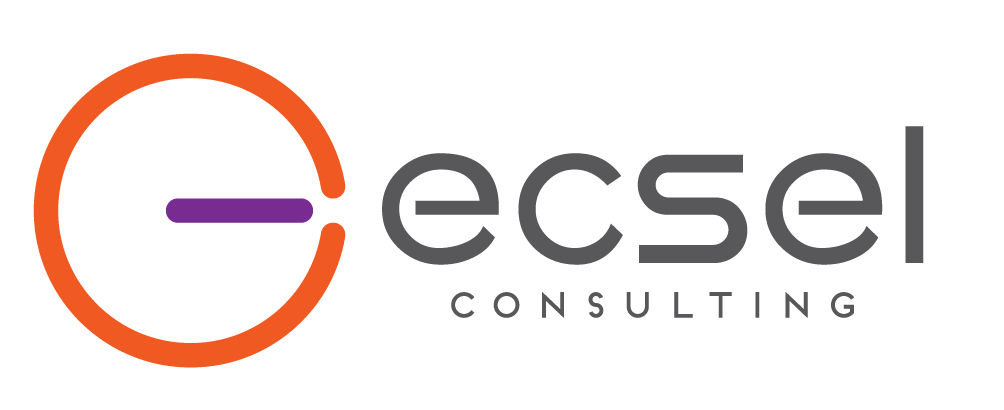- Have any questions?
- raju@ecselconsulting.com
Decision Making in a VUCA world
Business Model Innovation – Challenge the status quo
Do you learn tangentially as well?
The Danish philosopher Søren Kierkegaard wrote, “Life can only be understood backwards; but it must be lived forwards.”
I shall be delivering a workshop next week on ‘becoming a strategic CFO’.
One of the guidelines I shall be mentioning to the participants is that in a dynamic VUCA (Volatile, Uncertain, Complex, Ambiguous) business environment, you will seldom have 100% of the information needed to evaluate all options to make a decision – even if you have the best of MIS reports and Big Data Analytics. Hence, “Don’t be afraid to proceed with less-than-perfect information”.
In this context, good to recall Colin Powell’s words which go something like – ‘In the heat of battle, if you have less than 40% of the information you need to make a decision, it’s perhaps too early to decide and if you have more than 70%, then it is too late. Once the number is in the 40-70 range & closer to 70, go with your best instinct’. And good CFOs are unafraid to use their instinct/gut to guide and add value in a way which reliance on numbers alone cannot achieve. This is very different from using instinct or gut feel, to fill gaps caused by inadequate processes and infrastructure.
Jeff Bezos gave a similar message in his 2017 annual letter to shareholders – “Most decisions should probably be made with somewhere around 70% of the information you wish you had. If you wait for 90%, in most cases, you’re probably being slow.” He further explains how to master the skill of quickly recognizing and correcting bad decisions, instead of focusing on avoiding mistakes by waiting … to make that perfect decision. The idea is that if you get good at smart course-correcting, being wrong may be less expensive than you think, while being slow is going to be expensive for sure.
The question then arises – “I surely cannot take that attitude for those decisions that are not reversible or that have a very big impact on key stakeholders, can I?” NO, you should not. I’ve been there more than a few times in my career. There are no perfect answers to this. However I’d recommend that in such cases, it is good to guard against ‘optimism bias’. So, If you have conviction on a particular direction even though there’s no consensus, one option is to articulate your thoughts to key stakeholders and ask around if someone has better ideas that the team can consider. Key to remember that the ‘deer in the headlights syndrome’ is not an option. After listening well to opinions expressed & considering them, the person who is empowered to decide, needs to forge ahead.
Good CFOs are prepared to make, and enable their business counterparts to make, tough decisions with a reasonable understanding of the risks & consequences, and then help manage and mitigate those risks as best as they can. A CFO (or for that matter any leader) plagued by over-deliberation or one who suffers from ‘paralysis by analysis’ will be doing one’s organization a big disservice.
Would love to hear both supporting and dissenting / alternate thoughts.
